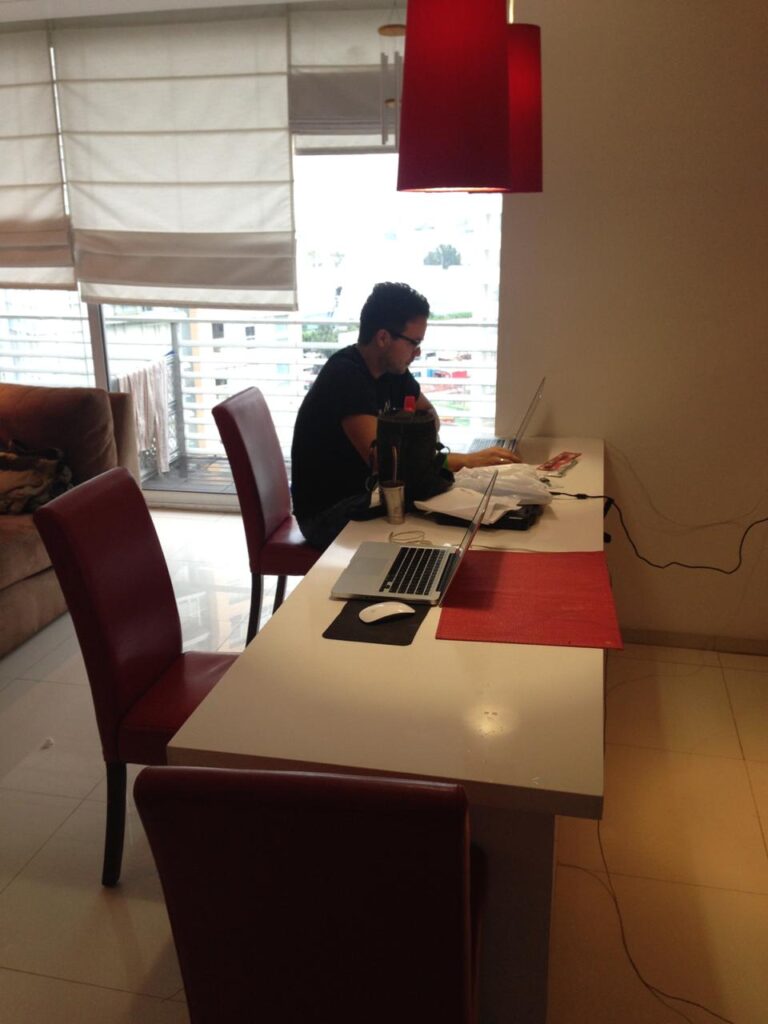Everyone has an opinion on everything and a reason to think they are right and that you are wrong. Ironically enough, this post can very well be one of them, but I’ll let you make that decision yourself ;-).
When I was going through Wayra, the startup accelerator Toky was part of in 2014, the advisors hired to help us were coming mostly from the corporate world. They all had relevant roles and academic titles proving on paper that they made the time to learn what they came to advise, but the disconnection between how they did things at their jobs and how things can be done in a tiny startup that is more dead than alive, didn’t seem to be evident to most of them.
I remember being forced to make a huge spreadsheet with user acquisition projections, how much we were going to make in sales, and how things would look like in 5 years. It made complete sense to them that we should be spending time on multi-year projections instead of on building a product and actually selling it.
On another occasion, I remember we were having meetings and attending law firms to meet Intellectual-Property lawyers who were helping us patent everything we built. The only problem was that we didn’t really have anything worthy of a patent at that time but they were following a timeline that I’m sure made sense on paper but in reality, was completely useless and a waste of time.
Why weren’t we meeting product people and working all the time on user acquisition? Why no one was noticing that we didn’t have an infinite runway and that we should be focusing on improving our metrics to look more appealing to potential investors so that we can survive another year? Why was all advice assuming we had a huge budget of millions to pay people to come to visit us and buy our product?
I’m sure everyone there had good intentions and really wanted to help. I met great people there and I know one of the reasons we still exist as a business is because they gave us the seed money we needed to take off. The last thing I want is to sound ungrateful.
My point is that you should listen to every piece of advice and opinion you can, but giving your maximum attention to the ones coming from people who had been in your shoes before or that are in a place where you would like to be in the future.
Like making charity with other people’s money, throwing startup tips from the comfort of a safe corporate salary, is just too easy to not do it. Always take them with a grain of salt.



